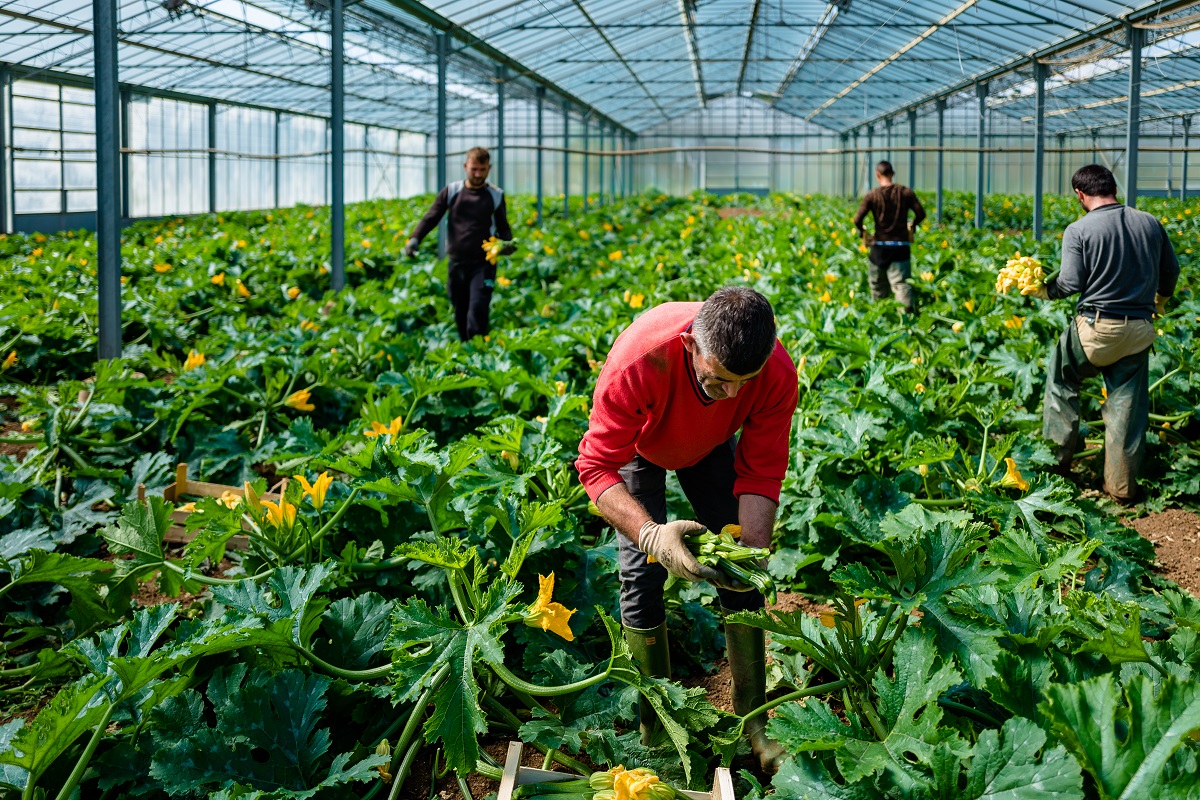

New Zealand’s total greenhouse gas emissions from food production make up about half our our total emissions, but the emissions from producing the food we actually consume here is much less. That’s because the majority of our agricultural production is exported, particularly emissions-intensive meat and dairy. New Zealand produces the dairy component of the diet for something like 40 million people, she said.
She and her team were interested in the emissions of what we actually eat in this country. They put together data from the life cycle of food production, consumption and waste, including growing, transport and packaging, eating it and throwing away what we don’t eat. Putting that with the most recent dietary survey, they figured out our dietary emissions.
Surprisingly they found more than half our dietary emissions, about 60%, come from producing animal proteins and highly processed foods — things high in salt, sugar and fat, like packaged crisps, chocolate bars, ice cream, biscuits and sugary drinks — "basically junk food", she said.
More than three-quarters (76%) of our baseline dietary emissions come from growing, farming and processing food of all categories. Things like packaging, transport and overheads made a smaller contribution (23%).
In addition, according to the Ministry for the Environment, wasting food that could have been eaten contributes about 5% of New Zealand’s total greenhouse gas emissions.
"We are mostly eating food what we’ve produced ourselves. Yes, we are importing some foods and there are small special cases where we are, for instance, flying specialist fruit from Australia, whether it’s strawberries out of season or mangos or something like that, but that is actually a small proportion of our total diet for most people. Most of what we are eating has either been grown here or shipped here which is relatively efficient."
Prof Macmillan noted the emissions-intensive animal products she is talking about come from our industrial farming system, the kind of meat and dairy we buy in supermarkets. It does not include kai moana, an important source of protein for Maori and Pasifika families, nor does it include hunted pest animals such as wild deer, pigs and goats.
"We don’t have good emissions profiles for those kinds of meat for our modelling yet," she said.
"Every step along the way points towards a fully plant-based diet coming with climate benefit, to being able to reduce our dietary emissions by up to 40% by just changing what we eat. Also every step along the way with that comes massive health benefits. So we’d be saving the health system tens of billions of dollars over our lifetime."
Emissions from food production fell into three groups: meat and processed food produced about 10kg of greenhouse gas per kg of food; another group producing about 5kg per kg of food included items such as chicken, eggs and rice which surprisingly produced a lot of methane; the lowest emissions, about 2kg per kg of food, came from growing vegetables, fruit, grains, legumes and vegetables, she said.
"If we took that low-hanging fruit of changing what we eat initially, and we got to the stage of eating more sustainable amounts of meat and far less highly processed foods, then we would be left with a discussion about where this food is being produced and the transport and packaging. Those things will need to come into play to get to a zero emissions diet. We will eventually have to talk about these things, but we can get quite far along the way just by changing what we eat."
She noted that privileged groups in Aotearoa are already changing their diet and were benefiting from it, but increasing health inequities meant that for many households, just putting a meal on the table that hungry children would eat was the priority, she said.
"If we really want to achieve the dietary change that’s needed for health and the planet, then we would need to pay attention to policies that address injustice and food poverty in New Zealand.
"That could mean taking GST off healthy foods that people need to eat like fruit, vegetables and whole grains. It would mean supporting existing Maori kai sovereignty movements. It might mean starting with institutions like hospitals and providing healthy food in schools that are plant-based. It might mean addressing the broader issues that affect the affordability of food — things like supermarkets, things like income and poverty in general. Rather than education it requires good policy," she explained.
"If New Zealand was as serious about contributing to global hunger as we say we are, it will mean producing a diverse, climate-resilient range of plant-based foods aimed at regional and local food resilience.
"At present our production system is not contributing to reducing hunger locally or globally. We are selling milk solids overseas to people who are already over supplied with protein."
Growing a variety of healthy fruit, vegetables, legumes and whole grains that are affordable in New Zealand and the Pacific, we could be a highly efficient, sustainable producer and that’s where we need to head, she said.
"It’s not that we can’t produce those things, it’s that we would need to think about producing them more sustainably than we do. We know that even now our current fruit and vegetable production is not sustainable especially in its heavy use of nitrogen fertilisers, which also drive climate change."
In the past 30 years agriculture has been transformed by intensive dairying, and she believes we could change it again to more sustainable healthy food production. That would also help our freshwater quality crisis and make farming more resilient to extreme weather events.












